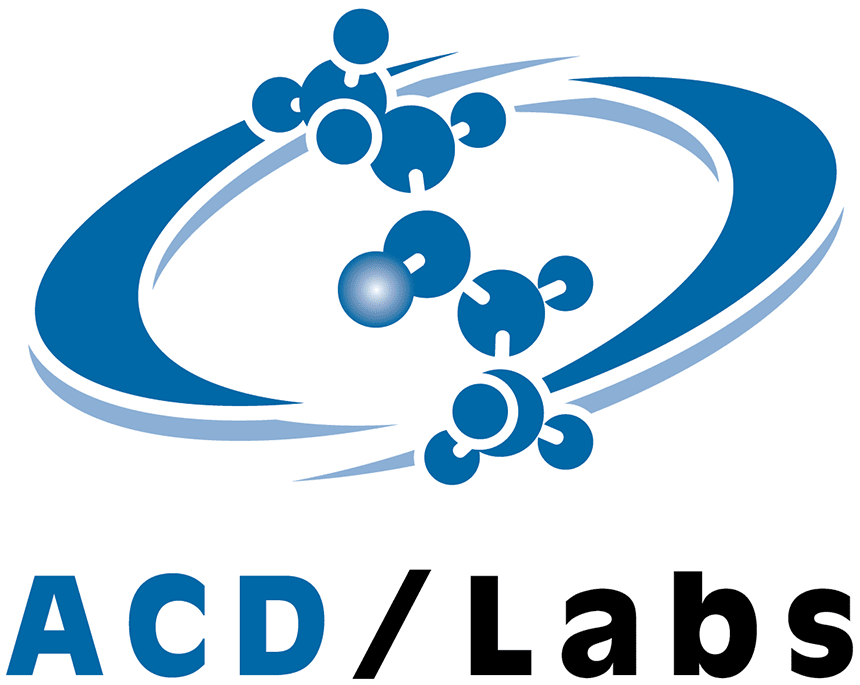
To develop a UHPLC-MS dual channel liquid chromatography workflow for the multiresidue analysis of pesticides in food for increased sample throughput, and without compromise to chromatographic resolution.
Comprehensive analysis of pesticide residues requires analysis of samples using gas chromatography- (GC-), ion chromatography (IC-), and liquid chromatography (LC-), each coupled to mass spectrometers. Modern pesticides are quite polar, thermally labile, or not easily vaporized. Thus, they are increasingly more amenable to LC than GC. Today it is typical for laboratories to analyze 250 or more pesticides in a single LC-MS analysis and often in complex matrices. The expectation is that results will comply with regulatory levels/tolerances and method performance criteria, and still be available within short turnaround times, typically 48 hrs. Hence, productivity is a crucial requirement for a pesticide residues laboratory.
With each new generation, mass spectrometers become faster, more sensitive, and more selective. In the quest to improve sample throughput, there have been attempts to eliminate chromatographic separation and to work directly with the mass spectrometer. But chromatography has proved indispensable, providing an orthogonal mode of selectivity, critical for complex samples.





